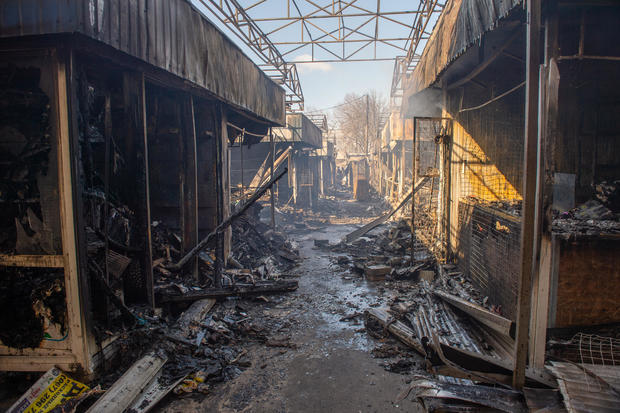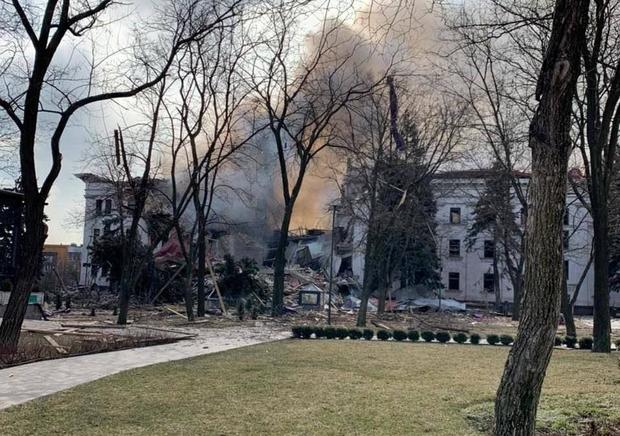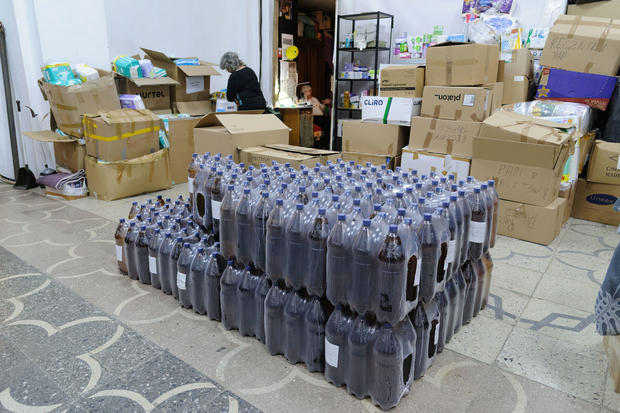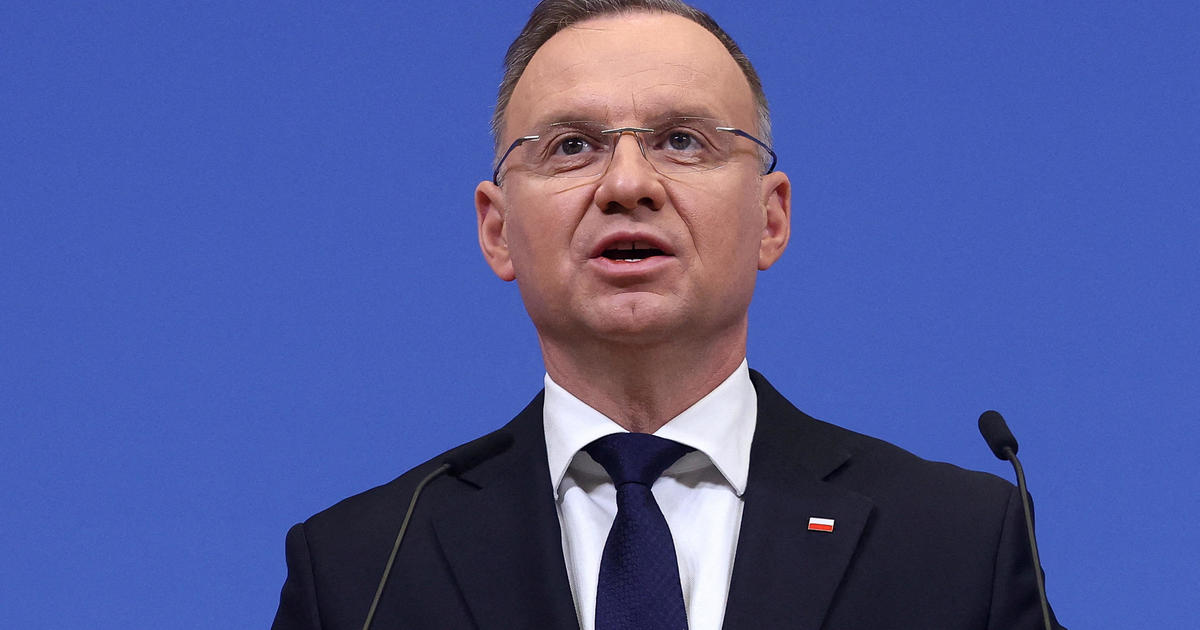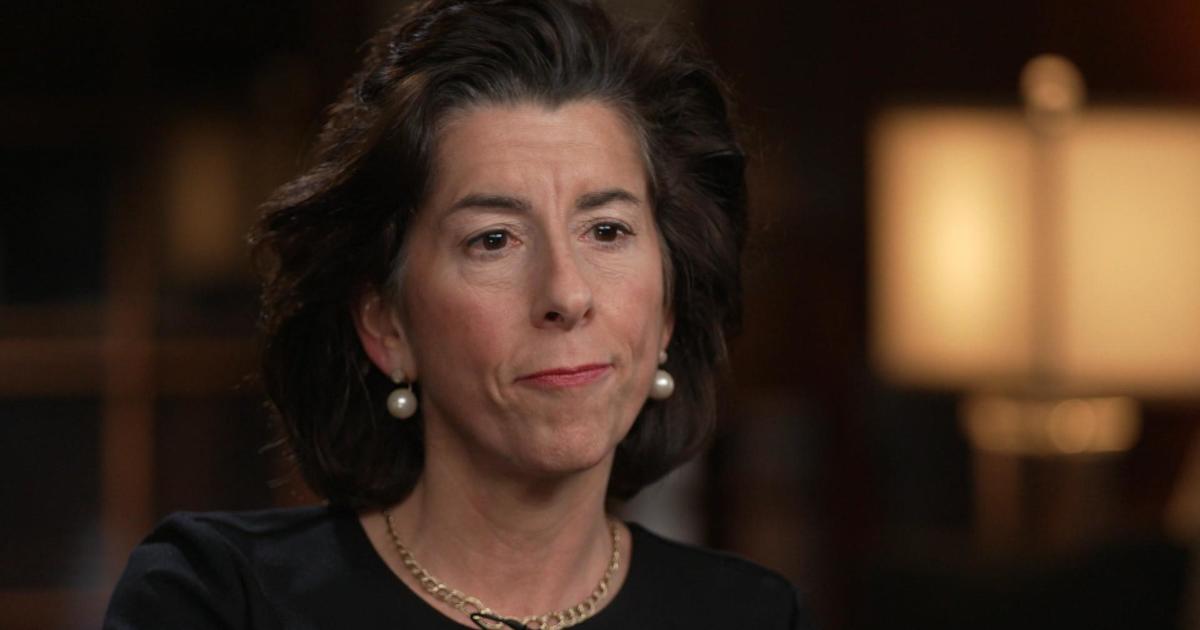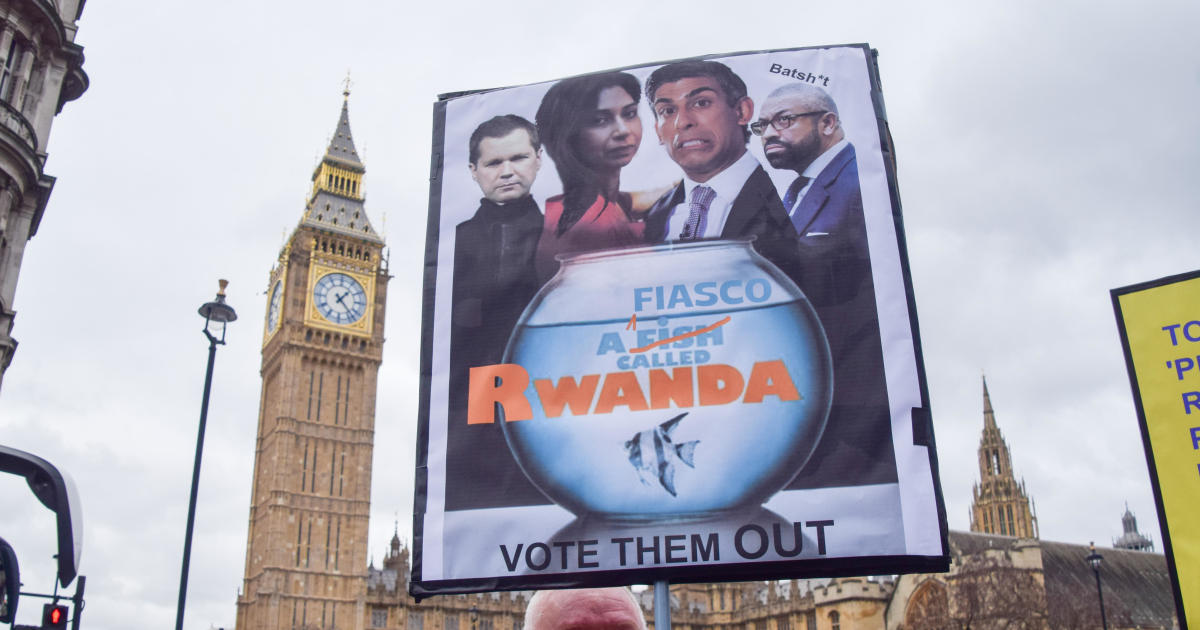Russia declines to hold U.N. vote on its Ukraine resolution after facing pushback, China opposes global sanctions
Russia announced on Thursday that it would not hold a vote on its resolution calling for a "negotiated ceasefire" to evacuate civilians, after other world leaders condemned the scope and language of the proposal. Russia's resolution did not mention stopping its attack on Ukraine, and did not respond to the General Assembly resolution that overwhelmingly called for Russian forces to withdraw.
The U.S., U.K., France, and other nations had all spoken out against Russia's resolution, with Albania's ambassador calling it a "mockery" on Thursday.
Instead, Russia's Ambassador Vassily Nebenzia said at an emergency United Nations Security Council meeting that Russia would have a meeting of the Council on Friday to discuss what he said was "new evidence" of U.S.-supported biological and chemical laboratories in Ukraine. The U.S. has flatly denied those allegations, and has warned the rhetoric could signal that Russia plans to use those types of weapons in Ukraine.
Biden's U.N. envoy, Linda Thomas-Greenfield, celebrated the decision not to vote on what she called a "farcical humanitarian resolution which was doomed to fail." But Thomas-Greenfield said Russia's decision to pull the vote says nothing about its commitment to ending the humanitarian crisis.
"We know if Russia really truly cared about humanitarian crises, the one that it created, it could simply stop its attacks on the people of Ukraine," she said. "But instead, they want to call for another Security Council meeting to use this Council as a venue for its disinformation and for promoting its propaganda."
Albania's Ambassador Ferit Hoxha said that during the Friday meeting, he expects "Russia will try to make its narrative, we'll try to establish facts."
When asked by CBS News if he thought the meeting would be a pretext for Russia using chemical weapons, Hoxha replied, "I hope not. But that is the fear."
The Russian ambassador's remarks came after U.N. agencies and the U.S. shared gripping accounts of what several Council members called "war crimes" that intentionally targeted civilians.
Thomas-Greenfield pledged that "Russia will be held accountable for its atrocities."
"There is only one way – one way — to end this madness," Thomas-Greenfield said. "President Putin: Stop the killings. Withdraw your forces. Leave Ukraine once and for all."
At the meeting, Thomas-Greenfield recounted reports of a mass grave in the southern port city of Mariupol, which she described as "a narrow trench filled with the bodies of children."
On Monday, aerial video showed the once-thriving city in ruins, with charred remains of buildings and reports of more than 2,000 civilians killed.
Thomas-Greenfield condemned Russia's weeks-long offensive, telling diplomats that "Ukraine will never be a victory for Putin — no matter what advances he makes, no matter whom he kills or what cities he destroys."
On Wednesday, Ukrainian officials accused Russia of striking and completely annihilating a theater in Mariupol, marked with the word "children" in large Russian writing, where "hundreds" of civilians were sheltering. There is hope that many of those in the theater's bomb shelter survived.
Russia's ambassador to the U.N. denied that Russia was responsible for the theater attack at the Thursday meeting.
China's U.N. Ambassador Zhang Jun called for a re-upping of support for a diplomatic solution, but made it clear that China is opposed to the sanctions that the U.S. and Europe have placed on the Russian Federation and on Russian nationals, warning that sanctions can spark "new humanitarian consequences."
"Given the sluggish recovery in the global economy, ever-escalating sanctions are undermining the stability of the international industrial chain and supply chain, thus exacerbating food and energy crises, damaging people's livelihood in all countries, developing countries in particular, and triggering new humanitarian consequences," Zhang said.
But despite widespread hope for a diplomatic solution, U.N. officials said civilians are still being attacked and aid deliveries are being blocked.
"Daily attacks continue to batter Ukrainian cities. Many are reportedly indiscriminate, resulting in civilian casualties," Undersecretary-General Rosemary DiCarlo told the Council. DiCarlo said the U.N. Development agency "projects that 90% of the Ukrainian population could be facing poverty and extreme economic vulnerability should the war continue, setting the country – and the region – back decades, and leaving deep social and economic scars."
The Security Council also heard from World Health Organization Director General Dr. Tedros Adhanom Ghebreyesus, who said that his agency "has verified 43 attacks" on health care facilities.
"The war in Ukraine is having devastating consequences for the health of Ukraine's people, consequences that will reverberate for years or decades to come," he said.
Ghebreyesus said that some desperately-needed medical supplies cannot be delivered because of the fighting. He said the organization has sent approximately 100 metric tons of supplies — including oxygen, insulin, surgical supplies, anesthetics, and blood transfusion kits — and that while the WHO has established supply lines from Lviv to many cities in Ukraine, "challenges with access remain."
"We have critical supplies ready for U.N. joint convoys to enter difficult areas, but so far we have not been successful," Ghebreyesus said. "Today, for example, the U.N. convoy to Sumy that included a WHO truck carrying critical medical supplies was unable to enter."
"Loads ready for Mariupol remain in staging areas and cannot proceed," he added.
The U.K.'s Ambassador to the U.N., Barbara Woodward, said Russian forces "are making no distinction between military targets and women and children."
Woodward also criticized Russia for "cynically — almost obscenely" proposing a resolution that calls for a "negotiated ceasefire" while still "committing war crimes."
Though other parts of the U.N. have been working in Ukraine to help citizens and refugees, the Security Council has not been able to enact any enforceable measures due to Russia's veto-wielding power.
France and Mexico are currently revising their draft to present to the General Assembly, where, as Ireland's Ambassador Geraldine Byrne Nason said on Tuesday, "there are no vetoes" and there is strong support to condemn Russia's actions.
